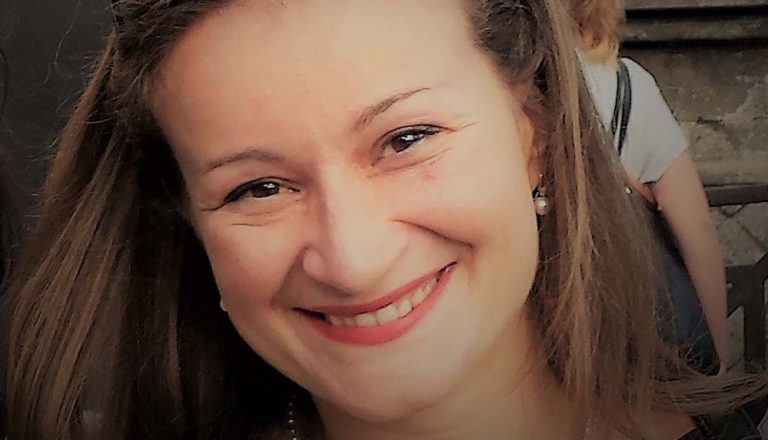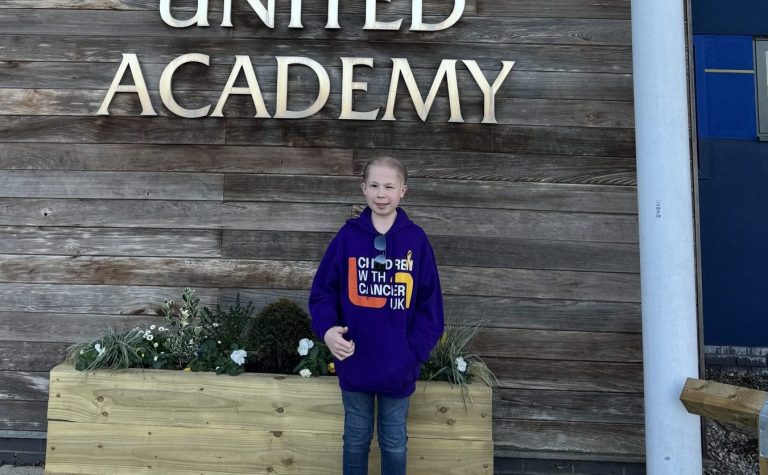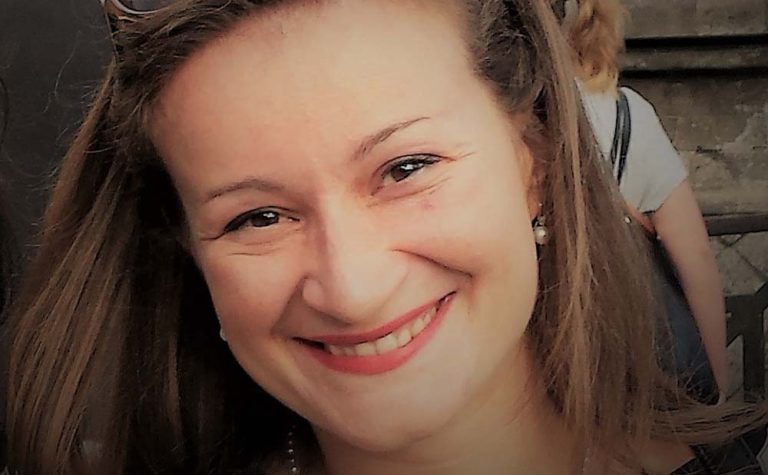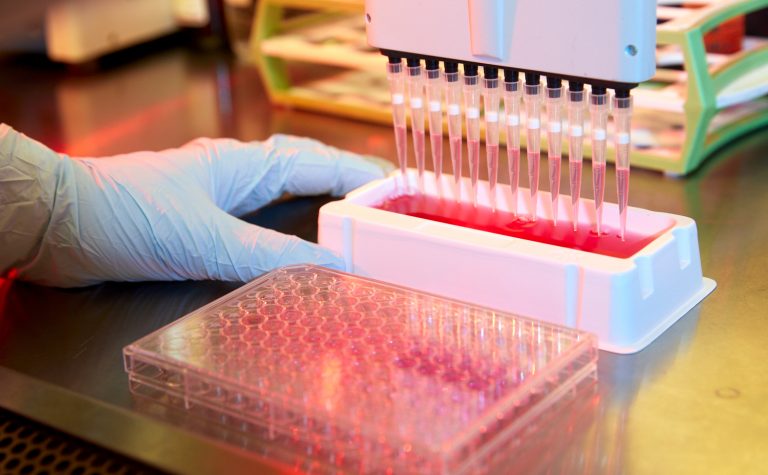March is Brain Tumour Awareness Month. It’s an awareness month that is incredibly important for us here at Children with Cancer UK, as it helps us spread awareness of childhood cancer and the need for more childhood cancer research.
This March we are drawing attention to how brain tumours impact children and their families but also the work we do every day to find kinder, more effective treatments. We had a chat with Dr Manuela Cerbone based at UCL Great Ormond Street Institute of Child Health (ICH) to find out about her research and its impact.
Q: Why is research into childhood cancer so important?
A: Childhood cancers are very different from adult cancers and require dedicated research studies. The main differences involve:
Prevalence: childhood cancers are less common and require highly specialised centres for their treatment
Aetiology (causes): unlike some adult cancers which are related to specific risk factors which can be preventable with specific lifestyles changes, for most childhood cancers the cause is either poorly understood or an unexplained genetic predisposition due to random genetic changes which are largely unpredictable and unpreventable.
Type and location: Infants, children and teenagers, develop blood cancers (leukaemia, lymphomas) most frequently, whilst brain and spinal tumours are the second most common, with bone and other solid cancers a close third. Adults have mainly lung, colon, breast, , and prostate cancers.
Severity: Cancers in young people can be aggressive so treatments have become increasingly dose-intense in recent years but carry increased toxicity and side effects.
Cure rates: a majority of children survive cancer. Children’s bodies tolerate longer and heavier treatments than older people. However, this resilience masks the terribly high developmental price their bodies and brains pay and the support they and their families truly need throughout and beyond their developing years
Late effects and quality of survival: The young developing body is particularly vulnerable to the ‘toxic’ side effects of any drug or chemotherapy circulating in the blood
Q: Why is long-term funding so important for childhood cancer research?
A: long term interventional and observational studies, testing novel quality of life outcomes, from infancy to maturity, will provide a true estimate of the longer term and inform the future management guidelines which underpin clinical NHS services.
Q: What are the challenges that childhood cancer researchers face today?
A: There is little point in curing children of one life-threatening disease, only to cause another which will affect them for life. It is so important for paediatric oncologists and surgeons to collaborate more widely with endocrine, neuroscience, neurodevelopmental and mental health researchers to get it right from the beginning.
Q: What’s the aim of your particular research?
A: My research focuses on hypothalamic dysfunction, one of the most detrimental consequences of paediatric brain tumours. The hypothalamus is the most primitive, complex and vital structure of the human brain. It controls our sense of hunger and thirst, our temperature, blood pressure, heart rate, body maturation, reproduction, sleep, as well as our behaviour and memory. Different types of brain tumours can partially or totally invade the hypothalamus and treatments to the area can cause additional damage.
My research aims to improve the understanding and the timely diagnosis of hypothalamic dysfunction as a consequence of paediatric brain tumours arising in the hypothalamic and pituitary area.
Q: Are survival rates still the most important indicator of improvements for childhood cancer or do researchers consider the greater availability of less toxic treatments as the biggest sign of improvements?
A: Quality of survival and long-term mortality are currently far more important indicators of improvements for childhood cancers than short term survival.
For any child where the tumour affects the brain, cure without parallel brain injury support is no longer enough. There is already a large cohort of survivors that suffers from severe long-term irreversible complications of various tumours and their treatments. More research into holistic rehabilitative interventions during critical growth and developmental periods is needed. More hormonal, neurological, neuroscience and mental health research is needed in parallel to oncology.
Learn more about Manuela’s research here:
There are no targeted medical treatments for hypothalamic obesity and surgeons must rely on unprecise grading systems of hypothalamic dysfunction prior to surgical interventions for brain tumours.



